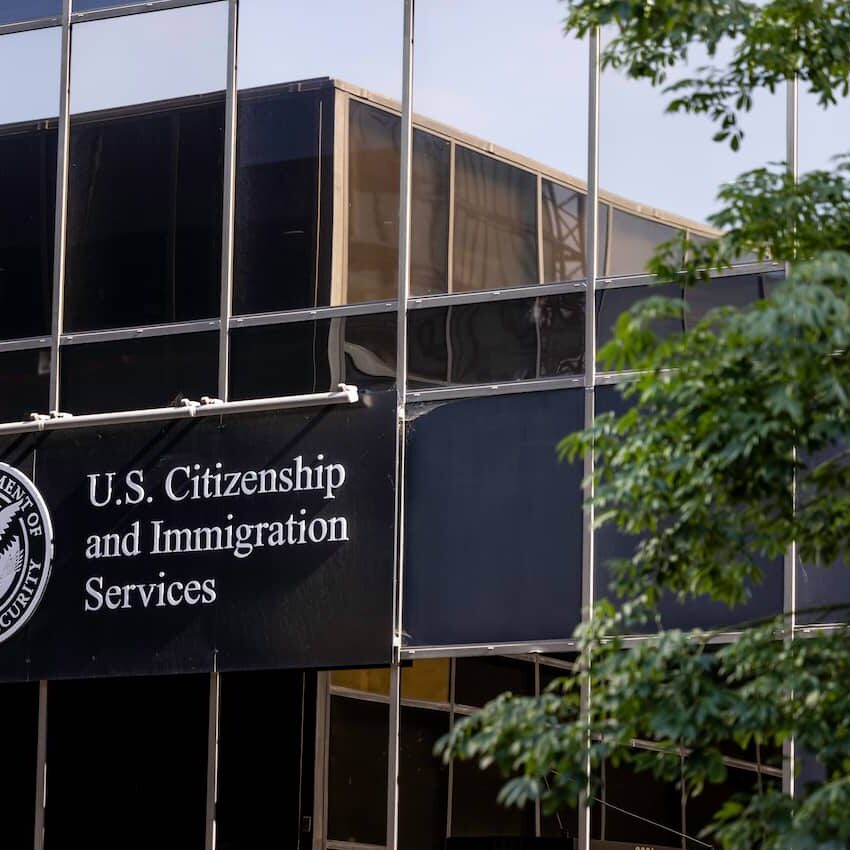Los Angeles is a popular place for immigrants and their families to reside. It is the second largest metro area in the U.S. and the biggest population center in the west, and its job opportunities and vibrant cultural diversity make it a desirable destination. The city and surrounding areas are also popular for those arriving in the U.S. under marriage-based visas such as the K-1 fiancé visa, as an experienced visa attorney can tell you.

K-1: The Fiancé(e) Visa
The K-1 fiancé(e) visa is used by foreign citizens engaged to U.S. citizens who wish to reside in the United States after marriage. The visa allows the U.S. citizen to bring his or her foreign fiancé(e) to the U.S. for 90 days. During this time, the foreign citizen fiancé(e) must get married to the citizen sponsor, or the fiancé(e) must return to his or her home nation.
Though the K-1 visa is for the purpose of allowing foreign citizens to enter the U.S. in order to get married, there is no legal requirement that K-1 visa holders get married. They are allowed to back out of the engagement, but they must suffer the consequence of having to return to their home countries.
In order to qualify for a K-1 visa, both parties must be free to marry, and the marriage must be legally possible in the United States. Generally, for a K-1 visa to be approved, the engaged couple must have met in person within the last two years. Sometimes though, an extreme hardship exception is granted. For example, this may occur when a cultural taboo prevents spouses from meeting before marriage.
If the fiancés do get married, the immigrant spouse must apply for permanent resident status if he or she wishes to remain in the United States. A foreign citizen entering the United States on a K-1 visa may bring their unmarried minor children with them under a K-2 visa.
K-3: Spouse’s Visa
A foreign-citizen spouse of an American citizen can apply for a K-3 visa to come to the United States. A K-3 visa, like a K-1 visa, grants nonimmigrant status, so its processing time is generally faster than applying for an immigrant visa. A K-3 visa allows the foreign spouse to reside in the U.S. while waiting for approval of the immigrant visa application.
Afterward, the spouse can apply for permanent resident status at any time. K-3 visa holders may bring any unmarried children under age 21 with them under a K-4 visa. The K-3 visa is valid for two years, but if the spouses divorce before the immigrant’s application for permanent residence is approved, the K-3 visa terminates 30 days after the divorce is finalized.
K4: Visas for Children
When a K-3 visa holder has minor children that he or she wishes to bring to reside with him or her in the United States, the children may apply under a K-4 visa. This visa allows unmarried minor children under the age of 21 to enter the country with their K-3 visa-holding parents.
The K-4 visa has the same duration and termination issues as a K-3 visa. ‘The K-4 is valid for two years or until the child reaches age 21, whichever comes first. Additionally, if the child marries, the K-4 visa expires 30 days after the marriage.
The Process
The visa application process can be a long and arduous one. The appropriate steps must be completed fully and without errors in order to successfully complete the process. Our lawyers can guide you through the process, which includes the following steps:
- Preparing forms and filing the petition;
- Applying for the visa;
- Assembling proper documentation;
- Completing the medical exam and getting the required vaccinations;
- Providing evidence of a source of financial support to demonstrate that the foreign fiancé(e) or spouse will not become dependent on the state; and
- Paying the required fees.
K visas require the completion and submission of multiple forms. Depending on the situation, this often includes some combination of the following:
- Form I-129F, Petition for Alien Fiancé(e)
- Form I-864, Affidavit of Support Under Section 213A of the Act
- Form I-134, Affidavit of Support
- Form I-485, Application to Register Permanent Residence or Adjust Status
- Form I-765, Application for Employment Authorization
- Form G-325A, Biographical Information
- DS-160 Online Nonimmigrant Visa Application
At our Los Angeles immigration law offices, our lawyers will complete the forms and assemble the documentation to get your case processed as efficiently as possible. We will manage your case during the entire process and keep you updated and informed of your status.
Interview
K visa applicants may have an immigration interview in which an immigration officer examines the couple and determines whether the marriage is legitimate or a sham entered into to evade U.S. immigration laws.
The immigration interview is one of the most common points at which problems with the K visa can arise. However, our attorneys will help make this process go smoothly by helping you get through the interview without making critical errors and working to resolve possible issues with U.S. Immigration.
Denial
Generally, the denial of a K visa is non-appealable and non-reviewable, so it is especially important to have a good attorney from the start, before any problems arise. Refusals often result in months or years of delays, and the U.S. Consulate rarely gives reasons for denial, so it is essential that your initial application is complete, correct, and fulfills the requirements for the visa.
Reach Out to a Los Angeles Family Visa Attorney for Help
If you are involved in immigrating to the U.S. or bringing a loved one to the country under a marriage visa, please contact Goldstein Immigration Lawyers by answering a few questions below.
